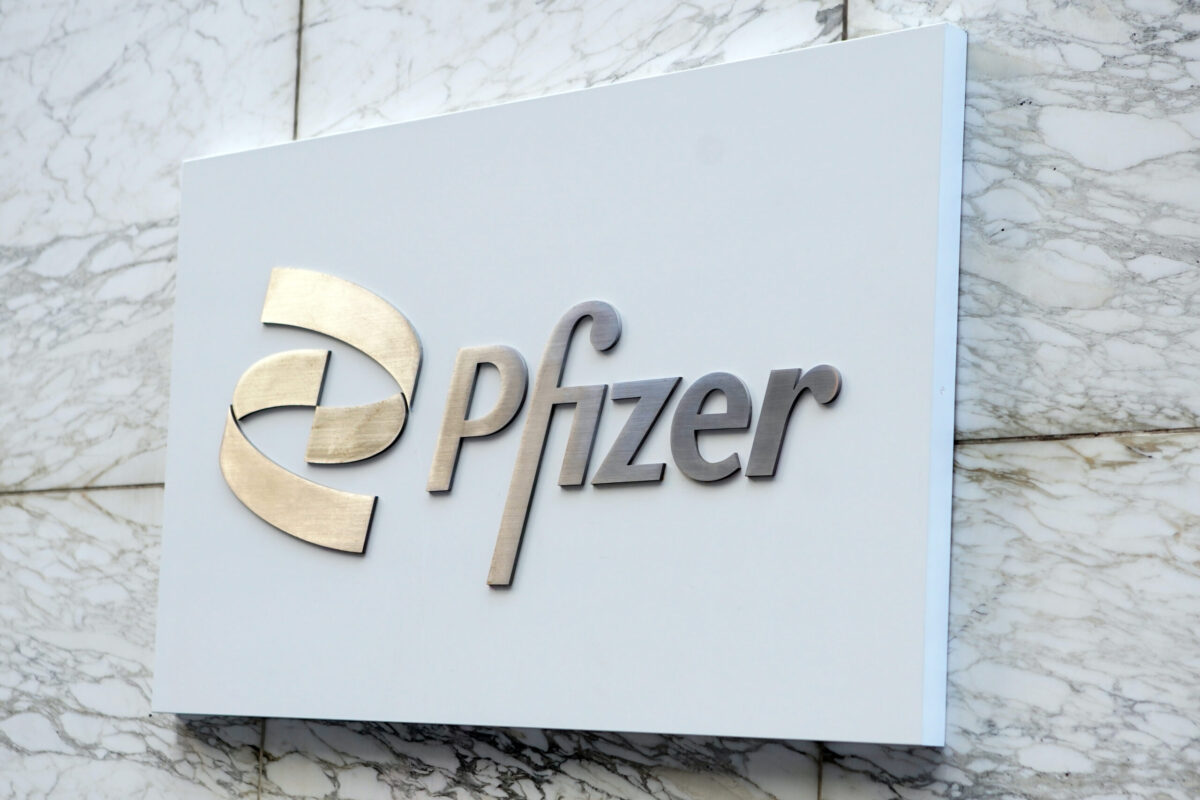Healthcare private equity faces increasing scrutiny with the introduction of the Corporate Crimes Against Health Care Act of 2024. This new legislation, spearheaded by US senators Elizabeth Warren and Ed Markey from Massachusetts, aims to address the significant issues arising from corporate and private equity abuses in the healthcare sector.
Key Provisions of the Bill
The proposed bill introduces stringent measures to curb financial misconduct in healthcare. One of the central provisions is a new criminal penalty of up to six years in prison for executives whose financial decisions result in a patient’s death. This severe penalty underscores the critical impact of financial misconduct on patient safety and aims to deter such behavior among healthcare executives.
Moreover, the act empowers state attorneys general and the US Department of Justice (DOJ) to reclaim all compensation paid to private equity and portfolio company executives within a ten-year window surrounding the financial distress of a healthcare organization caused by such misconduct. This measure ensures executives cannot benefit financially from decisions that harm healthcare institutions and patients.
Additionally, the bill proposes a civil penalty of up to five times the amount recovered, further emphasizing the financial repercussions for those engaging in misconduct. The act also restricts federal health program payments to entities involved in certain real estate transactions, aiming to prevent the misuse of taxpayer money.
Impact on Tax Regulations and Financial Transparency
The Corporate Crimes Against Health Care Act of 2024 also addresses tax regulations that currently benefit private equity in healthcare. The proposed legislation calls for repealing a tax rule allowing taxable real estate investment trust (REIT) subsidiaries to influence healthcare operations. Furthermore, it seeks to eliminate a 20 percent pass-through deduction for REIT investors introduced in the 2017 tax reforms. These changes aim to reduce the financial incentives for private equity firms to exploit the healthcare sector for profit.
In addition to these tax reforms, the bill mandates increased financial transparency from healthcare providers receiving federal funds. These providers would be required to disclose financial data and report any mergers, acquisitions or ownership changes. This increased transparency aims to ensure that financial activities are monitored and potential misconduct is identified and addressed promptly.
Response to Growing Concerns and Recent Incidents
The introduction of this bill is a response to the growing concerns over the impact of private equity in healthcare. In 2023, private equity fund assets reached $8.2 trillion, highlighting the significant financial influence these firms have in various sectors, including healthcare. The aggressive investment strategies employed by private equity firms have raised alarms about patient safety and the potential misuse of taxpayer money.
One notable example of the negative impact of private equity in healthcare is the case of Steward Health Care in Massachusetts. Mismanagement by Steward Health Care executives and its former private equity owner led to the company’s bankruptcy, putting patients and communities at risk. This incident underscores the urgent need for regulatory measures to prevent similar situations in the future.
Senator Warren emphasized the importance of the new bill, stating in a press release, “My Corporate Crimes Against Health Care Act would prevent what happened with Steward from ever happening again. When private equity gets hold of health care systems, it is literally a matter of life and death, so if you drive a hospital like Steward into bankruptcy, putting patients and communities at risk, you should face real consequences.”
The Corporate Crimes Against Health Care Act of 2024 represents a significant legislative effort to address the challenges posed by healthcare private equity. By imposing severe penalties for financial misconduct, reclaiming compensation and increasing financial transparency, the bill aims to protect patient safety and ensure the responsible management of healthcare institutions. As private equity continues to play a substantial role in the healthcare sector, such regulatory measures are crucial to safeguarding the interests of patients and communities.
If you want your company to be featured on Xtalks.com, please email [email protected].












Join or login to leave a comment
JOIN LOGIN